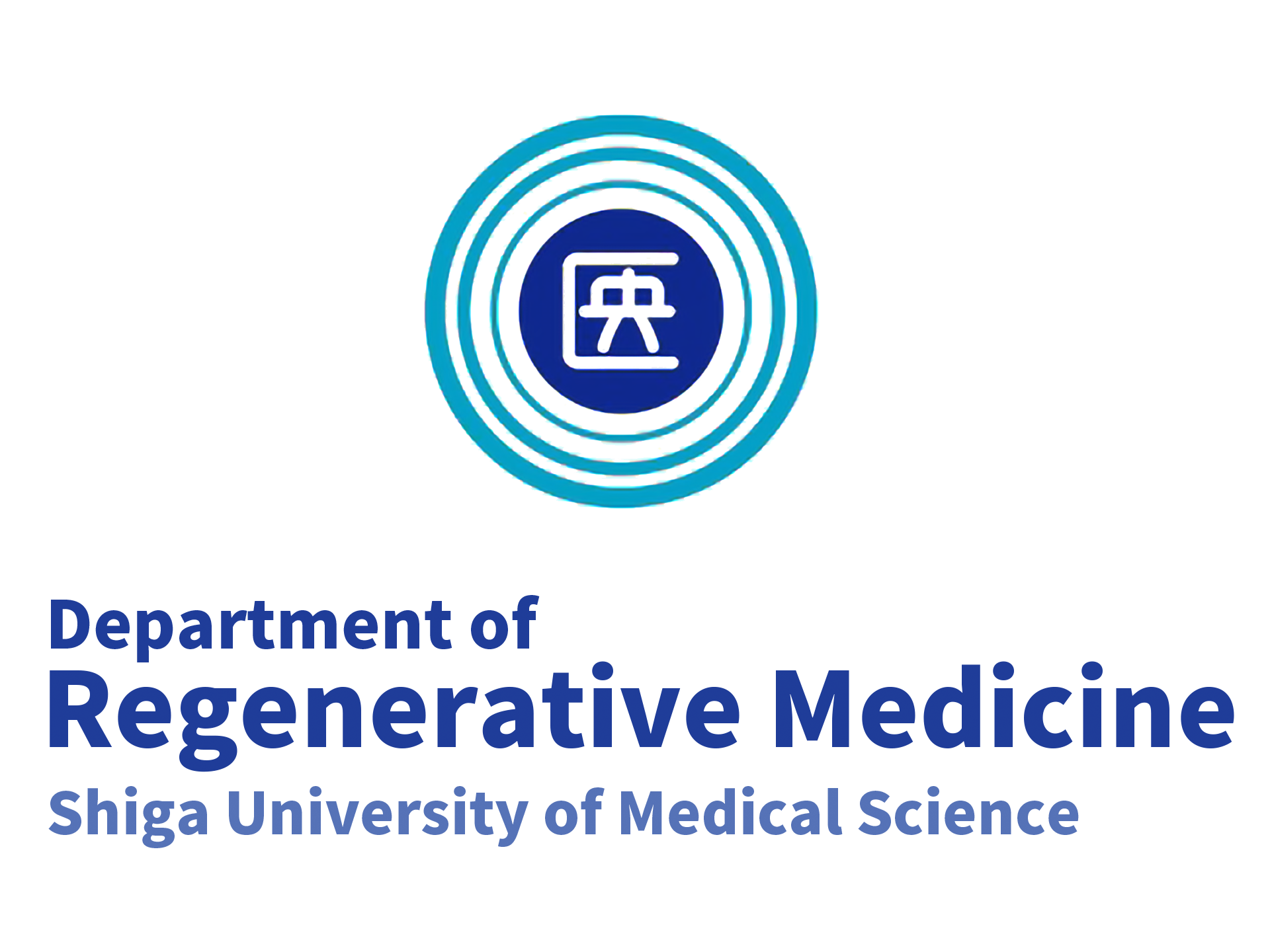Publication of a Paper on the Inhibitory Effect of 5-Aminolevulinic Acid (5-ALA) on the Proliferation of Feline Coronavirus
02/24/2021
Inhibition of Feline Coronavirus Proliferation by 5-Aminolevulinic Acid (5-ALA) Confirmed
Professor Tomomi Takano from the Kitasato University School of Veterinary Medicine in Towada City, Aomori Prefecture, along with NeoPharma Japan Co., Ltd. (2-10-2 Fujimi, Chiyoda-ku, Tokyo, CEO: Satoshi Kawata), has revealed through commissioned research that 5-aminolevulinic acid (5-ALA) inhibits the proliferation of feline coronavirus. This research could potentially be applied to the development of treatment drugs for feline infectious peritonitis (FIP).
The findings were published on February 10, 2021, in the international online journal of veterinary science, Frontiers in Veterinary Science.
Note: Feline coronavirus is different from SARS-CoV-2, the virus that causes COVID-19.
Key Points of the Study:
- There is a demand for treatment drugs for FIP.
- 5-ALA inhibited the proliferation of feline coronavirus, which causes FIP, in cultured cells.
- The inhibition of virus proliferation was also observed in primary cultured macrophages.
Overview:
Feline infectious peritonitis (FIP) is an infection caused by feline coronavirus. Cats that develop FIP have a mortality rate exceeding 90%, posing a significant threat. Research is actively being conducted to develop effective treatments for FIP.
Since FIP causes severe inflammation, it is necessary to suppress both virus proliferation and inflammatory reactions during treatment. Therefore, treating FIP requires a long duration to achieve a cure.
Ideally, FIP treatment drugs should be safe for cats and possess both antiviral and anti-inflammatory properties.
The 5-ALA used in this study is a naturally occurring amino acid, widely used in agriculture and medical fields since its mass production was established. It is also produced in the bodies of animals and plants and has confirmed high safety.
In this study, we confirmed that 5-ALA inhibits the proliferation of feline coronavirus in cultured cells. It was also observed that 5-ALA tends to suppress virus proliferation in macrophages.
Previous studies have shown that in cats with FIP, virus proliferation in macrophages leads to the release of inflammatory mediators such as TNF-α, IL-1β, and IL-6. Therefore, 5-ALA, which can inhibit virus proliferation in macrophages, may also control the severe inflammation characteristic of FIP. Further investigation is needed to explore the feasibility of using 5-ALA as a treatment for FIP.
Paper Information:
Title: Possible antiviral activity of 5-aminolevulinic acid in feline infectious peritonitis virus (feline coronavirus) infection.
Reference: https://www.frontiersin.org/articles/10.3389/fvets.2021.647189/abstract
Journal: Frontiers in Veterinary Science (IF:2.245, Q1: veterinary science)
Glossary:
*1 5-Aminolevulinic Acid (5-ALA): A critical component for the function of mitochondria, cell organelles that maintain life by producing energy. It is ultimately transformed into ‘heme,’ an essential protein component needed for energy production within mitochondria. 5-ALA has been safely used in health foods, cosmetics, pet supplements, and more for over a decade and is approved for medical use in visualizing brain and bladder cancers. Additionally, 5-ALA is known to enhance mitochondrial function, with ongoing phase III clinical trials led by Saitama Medical University centered on mitochondrial diseases. (http://5ala-journal.com/)
*2 Feline Infectious Peritonitis (FIP): While most cats infected with feline coronavirus show no symptoms or only mild gastrointestinal diseases, some develop FIP, a challenging-to-cure condition known to occur in cats of all ages but predominantly in kittens under one year. Symptoms include fever, depression, loss of appetite, weight loss, jaundice, and abdominal swelling due to fluid accumulation, with a low chance of recovery, often leading to death within a month after diagnosis.
*3 Macrophages: A type of white blood cell. These cells move throughout the body in an amoeboid-like motion, engulfing and digesting cellular debris, foreign substances, microbes, cancer cells, and anything else that does not have the types of proteins specific to healthy body cells on its surface, acting as “cleaners” of the body. Feline coronavirus is known to infect macrophages via antibody-dependent enhancement.
Contact Information:
For research-related inquiries: Professor Tomomi Takano, Department of Veterinary Infectious Diseases, Kitasato University School of Veterinary Medicine, 35-1 Higashi 23-bancho, Towada City, Aomori Prefecture 034-8628
For media-related inquiries: Public Relations Division, Kitasato Institute, 5-9-1 Shirokane, Minato-ku, Tokyo 108-8641, Tel: 03-5791-6422, Email: kohoh@kitasato-u.ac.jp





